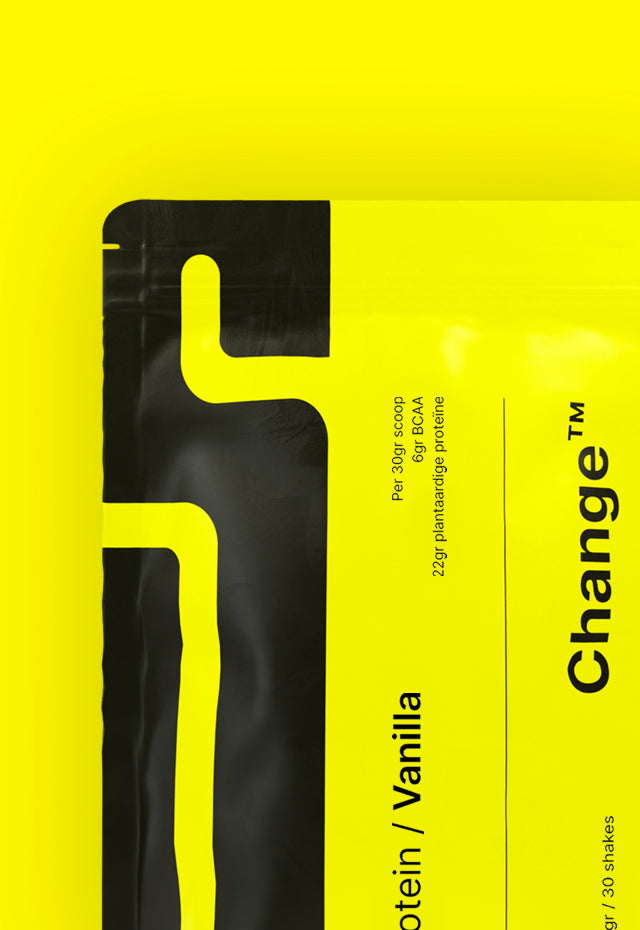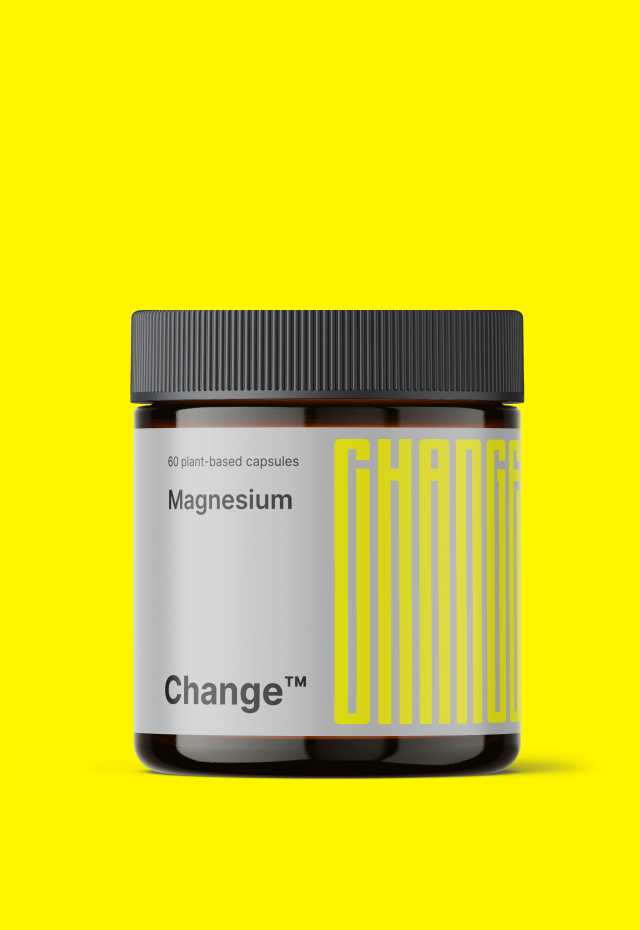Top 5 Vegan Sources of Omega-3 for a Healthy Diet.
Omega-3 fatty acids are a type of polyunsaturated fat that play a critical role in many important bodily functions, including heart, brain, and eye health. Our bodies cannot produce omega-3s on their own, so it's essential to get them through our diet or supplements.
For many years, fish has been the go-to source of omega-3s due to its high content of EPA and DHA, two of the most beneficial omega-3 fatty acids. However, as more people adopt plant-based or vegan diets, finding alternative sources of omega-3s has become increasingly important. Fortunately, there are several plant-based options available that are rich in omega-3 fatty acids. Here are some more details on the top 5 sources of omega-3 for vegans and plant-based eaters: 1. Chia Seeds - Chia seeds are a tiny powerhouse of nutrition, with just one ounce containing 4,915 mg of ALA, a type of omega-3 fatty acid. They are also rich in fiber, protein, and antioxidants. When chia seeds are mixed with liquid, they form a gel-like consistency, making them a great addition to smoothies or as an egg substitute in baking. 2. Flaxseeds - Flaxseeds are another fantastic source of ALA. Just one tablespoon of ground flaxseed contains 1,597 mg of ALA. Flaxseeds are also a great source of lignans, which are compounds that have been shown to have anti-cancer properties. 3. Hemp Seeds - Hemp seeds are a great source of both omega-3 and omega-6 fatty acids, with one tablespoon containing 2,500 mg of omega-3s. They are also rich in protein, fiber, and minerals like magnesium and iron. 4. Algae Oil - Algae oil is a vegan alternative to fish oil, as it contains both EPA and DHA. Algae is the original source of omega-3s for fish, so supplements made from algae oil are a sustainable and ethical option. Algae oil supplements are available in both liquid and capsule form, making it easy to incorporate into your daily routine. 5. Walnuts - Walnuts are a delicious and easy way to add omega-3s to your diet. They contain 2,542 mg of ALA per ounce and are also a good source of protein, fiber, and healthy fats. Eating a handful of walnuts as a snack or adding them to your oatmeal or salads is an easy way to increase your omega-3 intake.
While fish is a popular source of omega-3s, incorporating plant-based sources of omega-3s into your diet has numerous health benefits. The American Heart Association recommends eating fish at least twice a week, but for those who follow a plant-based diet, these alternative sources of omega-3s can be a valuable addition to their daily routine. Adding these top 5 sources of omega-3 to your diet can help you meet your daily omega-3 needs without relying on fish or fish oil supplements.






